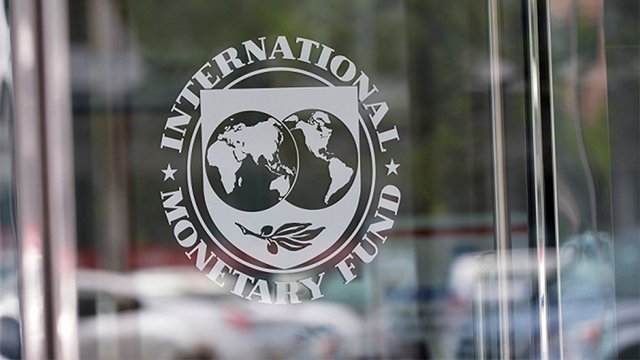NBU should be ready to raise key policy rate in 2025 in case of rising inflation - IMF

The National Bank of Ukraine (NBU), depending on future inflation indicators, as well as in the event of a significant deterioration in inflation expectations, should be ready to further raise the key policy rate, according to the updated Extended Fund Facility program with the International Monetary Fund (IMF).
"To combat inflation and anchor inflation expectations, the NBU has tightened its monetary stance. At the same time, inflation expectations have recently deteriorated for some agents due mainly to the November inflation surprise as well as the compression of ex-ante real returns on hryvnia deposits. A further tightening in the first half of the year is warranted, and depending on upcoming inflation prints, the NBU should be prepared to raise the KPR further should inflation continue to rise or should there be a significant deterioration in inflation expectations. With such action, together with an improved energy situation and a more favorable comparison base, inflation should decelerate over H2, 2025, allowing a possible return to an easing cycle in 2026 after a longer period of monetary policy tightening. Leveraging the flexibility provided by the MPG interim flexible inflation targeting regime, monetary policy should remain consistent with inflation returning to the 5% target by end-2027," reads the report.
"Monetary transmission has been gradually improving, supported by recent adjustments to the operational design. In its March MPC, the NBU increased the spread between 3-month and overnight CDs and adjusted the formula governing banks’ limits to the 3-months CDs to incentivize higher rates on local-currency term deposits. Banks’ response to these design changes along with the changes to the KPR should be carefully monitored; potential refinements could include further adjusting the 3-month CDs limits and reviewing the design of reserve requirements (including in view of the reduced domestic bond market financing required this year)," it says.
"FX intervention should aim to limit excessive exchange rate volatility without compromising the shock-absorbing role of the exchange rate. The exchange rate’s role as a shock absorber should be enhanced, the adjustment of the exchange rate to market conditions would help safeguard reserves, especially in view of heightened risks, and prevent the buildup of external imbalances, which is fundamental to restoring medium-term external viability," the report says.
"Over-reliance on FXI to achieve price stability would make it more difficult to restore inflation as a nominal anchor in the transition to full-fledged inflation targeting as envisioned under the NBU’s Strategy. To this end, FXI should be appropriately calibrated through FXI rules supporting consistency with the program objectives, including to ensure adequate reserves. In light of this, and in order to safeguard risks from frontloaded external financing, the authorities have requested to tighten NIR targets," it says.







